
- How about winning a flight ticket worth up to US$500?
- Become a member by January 31st and get a chance to win!
Learn how to positively impact our planet with simple lifestyle changes. Sustainable living is possible - the change has to start at home.
6min
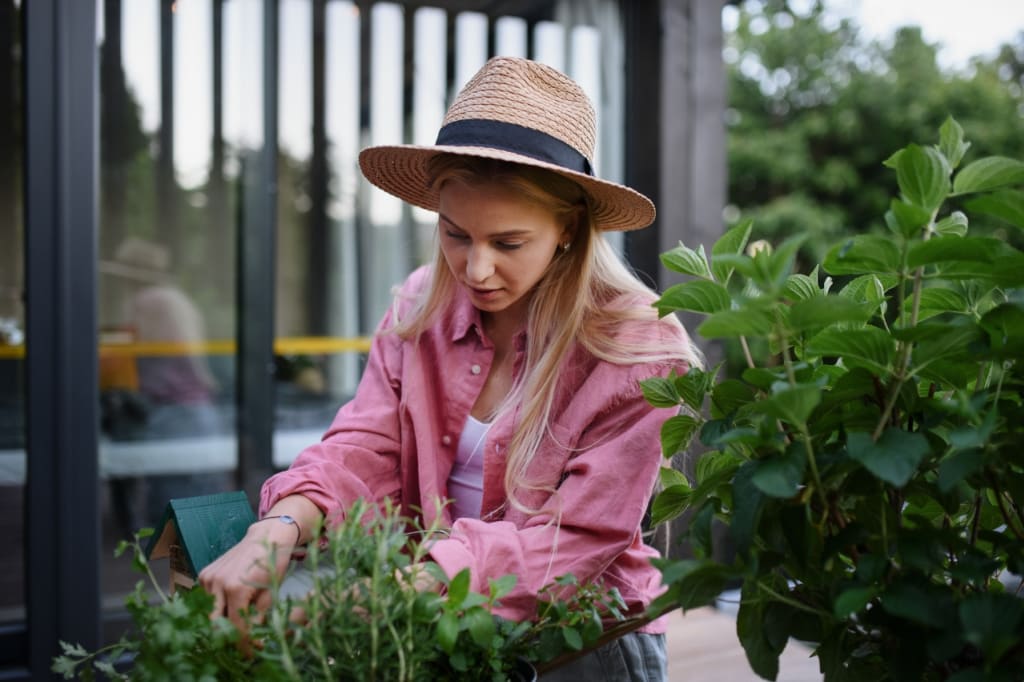
Every decision we make, from what we consume to how we get around, has the potential to significantly affect our planet. These lifestyle decisions contribute either positively or negatively towards global biodiversity loss and climate change while influencing increased fossil fuel emissions.
But here's the good news: sustainable living means understanding that our individual actions can drastically reduce these impacts. The best place to start is at home...
Suggested reading: What is green travel and how can you travel sustainably?
The term sustainable living means understanding the impact our lifestyle choices have on our world and actively finding ways to reduce it.
Isn't just a buzzword, it's an entire lifestyle choice that revolves around reducing the use of Earth's natural resources and personal ones as well.
The idea is to consciously alter our daily habits - from what we eat to how we commute - in ways that minimize harm to our planet. It means understanding sustainable lifestyles beyond recycling or being eco-friendly; acknowledging global biodiversity loss due to increased fossil fuel emissions and finding effective solutions for drastic reduction.
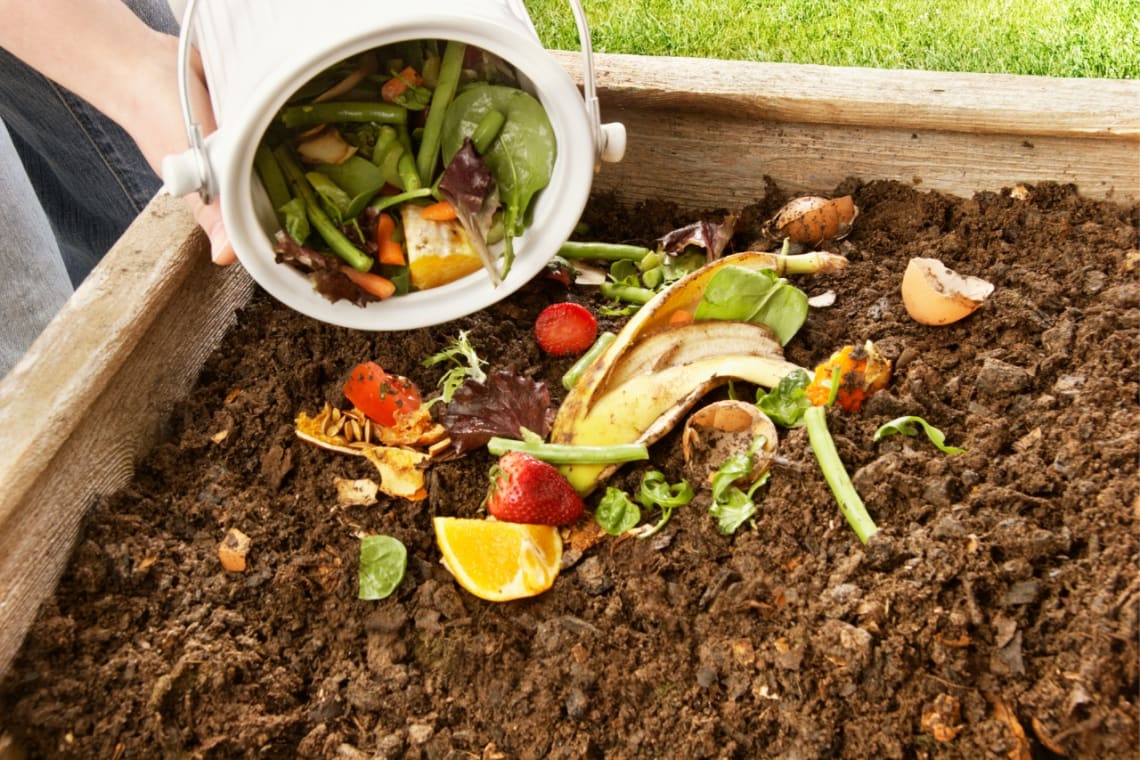
Your everyday decisions have significant impacts on sustainability levels globally. For instance, adopting plant-based diets reduces demand for livestock products, which contribute significantly towards climate change through deforestation and methane emissions.
Similarly, reducing food waste not only saves money but also minimizes greenhouse gas emissions produced when organic waste decomposes in landfills, producing methane, a potent greenhouse gas contributing heavily towards climate change. Furthermore, composting food scraps returns nutrients back into the soil, promoting healthy growth without the need for chemical-based pesticides.
But here's where things get interesting: sustainability doesn't stop at consumption, it extends far beyond it, encompassing areas such as work conditions within supply chains. Supporting companies providing good working conditions, ensuring fair trade practices, and minimizing exploitation among workers, particularly those located in countries where labor laws may be less stringent.
Among the many personal and global benefits of sustainable living, are:
Consuming locally-sourced organic produce ensures intake of nutrient-rich foods free from harmful chemicals or preservatives.
And a plant-based diet is both beneficial for health and helpful in decreasing the greenhouse gas emissions from meat production.
Lifestyle decisions aimed at reducing consumption directly decrease demand for resources extraction, thus mitigating global biodiversity loss caused by deforestation and mining activities.
Sustainable living can be surprisingly kind to your wallet. For example, renewable energy sources like solar panels may require an initial investment, but they drastically cut down electricity bills in the long run.
Also, growing your own food not only reduces reliance on chemical-based pesticides, but you'll save money otherwise spent at grocery stores.
Discover off the grid communities: what you need to know and how to join them.
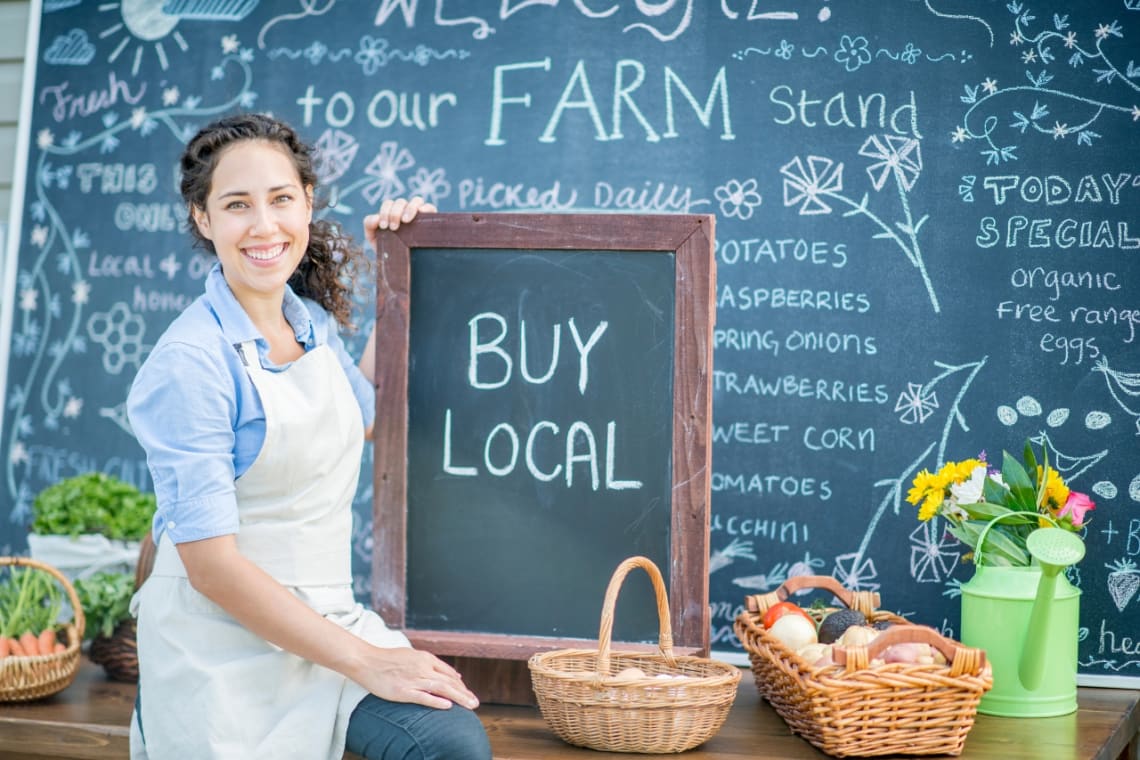
By consciously making sustainable lifestyle choices, we can both benefit our own wellbeing and help reduce global biodiversity loss.
The first stride towards sustainable lifestyles begins with reducing consumption. This could involve shutting off lights when not required and unplugging devices after usage. These small steps can significantly reduce your carbon footprint by lessening fossil fuel emissions.
Besides curbing consumption, waste reduction plays an integral role in sustainable development goals too.
An effective strategy here includes composting food scraps at home to cut down organic waste sent to landfills while creating nutrient-rich soil for gardening - meaning fewer chemical-based pesticides. Having at least a small home garden, it’s always better than nothing, and what you don't grow you can buy it from local producers who work with the principles of organic farming.
Recycling also plays a key role, not only by dividing glass and plastic from food waste, but by minimizing the use of disposable packaging and packaged products or reusing them.
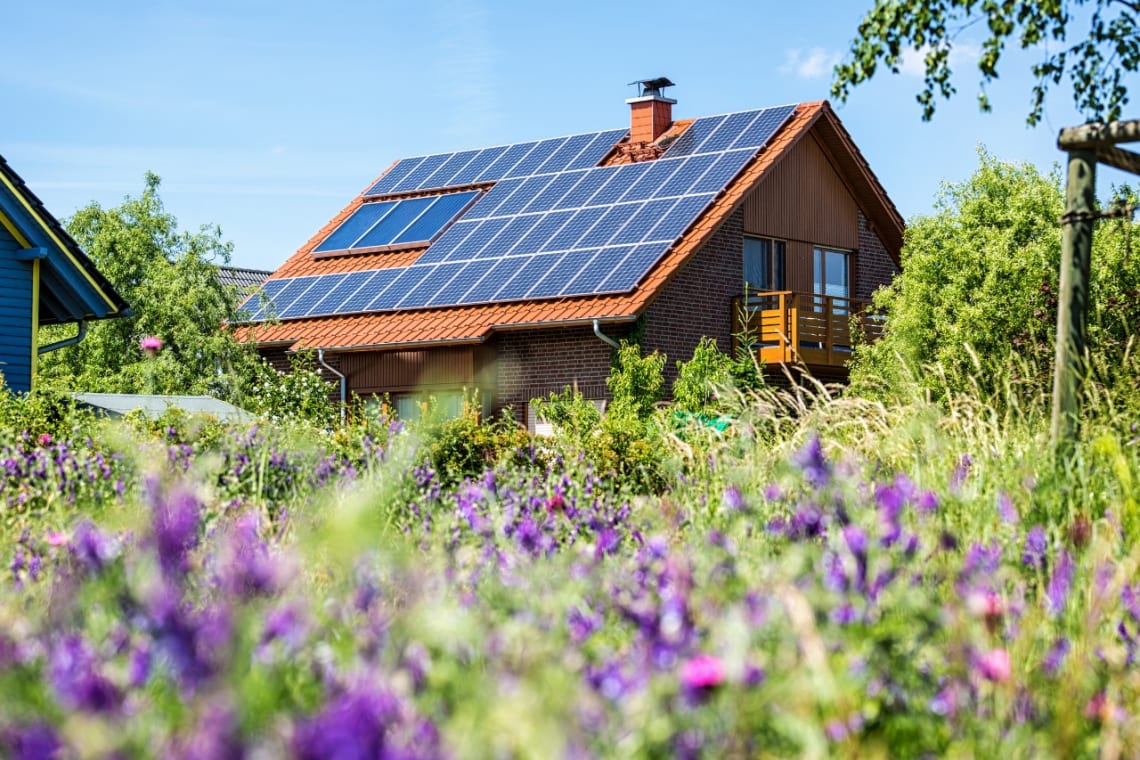
When shopping, consider local goods that support community economies by providing good working conditions while also cutting transportation costs associated with long-distance shipping - meaning fewer fossil fuels are burned during transport.
This doesn't merely imply buying less; it involves making more informed purchases - those that last longer and have a minimal environmental footprint.
This stresses how urban consumers can drive demand for more eco-friendly products through their purchasing decisions.
Switching from traditional energy sources like coal or gas-powered electricity generation methods to renewable ones such as solar panels or wind turbines helps drastically lower greenhouse gas emissions, contributing significantly towards mitigating climate change impacts.
Consuming less energy through efficient appliances or renewable sources saves you money long-term while contributing toward reducing dependence on globally depleting resources.
When you opt for car sharing, it means fewer cars on the road, reducing traffic congestion and consequently meaning fewer fossil fuels being burned. This simple act can significantly contribute towards mitigating climate change caused by increased fossil fuel emissions. It’s one of those simplest sustainable living ideas that have a big impact.

A great way to learn about sustainability in practice is to be part of a volunteer program, collaborating with hosts that develop different types of sustainable projects.
How to postulate to be part of these projects? In the Worldpackers' platform you can find many volunteering opportunities around the world, in places like permaculture projects, farms, eco-villages, sustainable communities and more.
Worldpackers is an online platform that connects travelers with hosts from over 140 countries who need help in various areas, many of them related to sustainable living. You just need to subscribe to the Worldpackers Community for free and start saving your favorite volunteer positions until you are ready to get verified.
Every host has references left by previous volunteers, and you can also contact these volunteers through the platform to know more about their experience. In the host's page you'll also find pictures, a detailed description of the project, what they expect from the volunteer, and what they give in exchange for your help, such as accommodation (always included) and meals.
Having the cost of accommodation covered during your time volunteering means that you can travel on a budget while doing a positive impact, learning new skills, and meeting people from different cultures and walks of life (both international volunteers and local hosts).
These are some volunteering opportunities at sustainable projects that you could apply for right now:
Read this article to know more about the platform: Traveling with Worldpackers: your top questions answered.
And check out The best environmental volunteer opportunities around the world with Worldpackers.
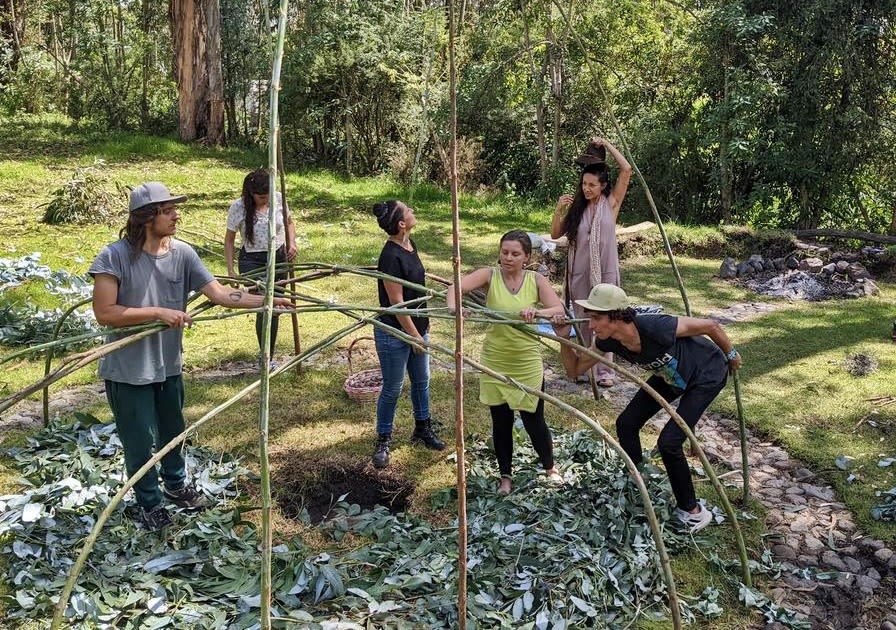
By making small changes in our daily routines such as opting for car-sharing instead of owning a private vehicle or choosing a plant-based diet over meat consumption; reusing food scraps rather than throwing them away; avoiding chemical-based pesticides plus using renewable energy sources wherever possible - we all can play an active role in fostering a more ecologically balanced world.
If you like these tips, follow Worldpackers social media to keep up with the news: we are on Instagram and Tiktok.
Sign up as a Host: If you share the feeling of building a resilient and abundant future and believe in the power of volunteering, your journey starts here. Join Worldpackers for free and be part of our community. Connect with committed and open-minded volunteers ready to support your project, strengthen local communities, and create a positive and sustainable impact worldwide.
Write here your questions and greetings to the author
Ахмедва мехрибон
Jul 30, 2023
🖐